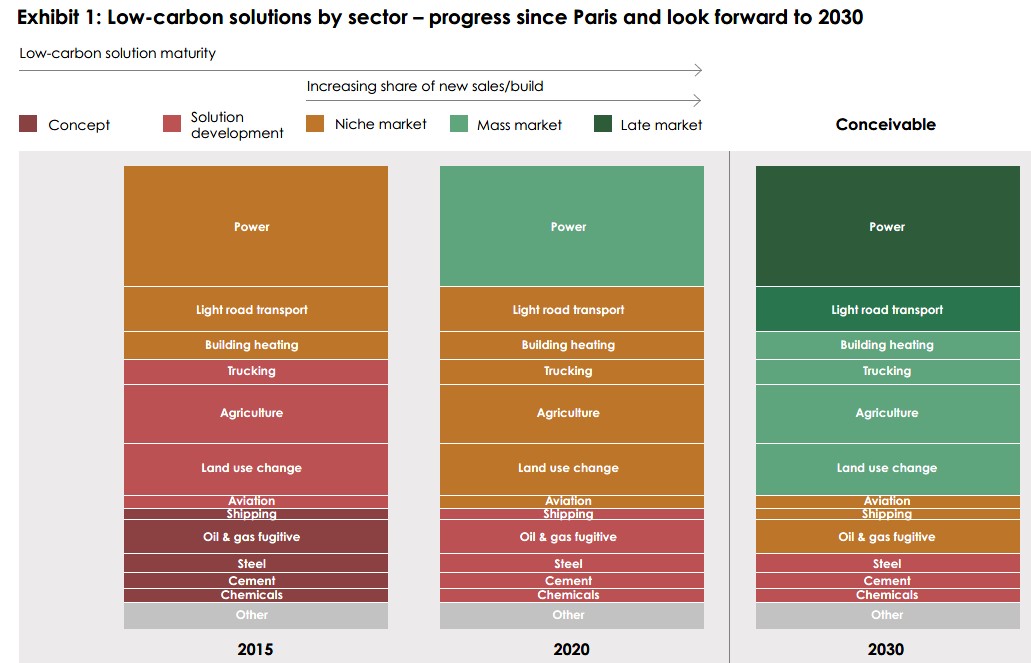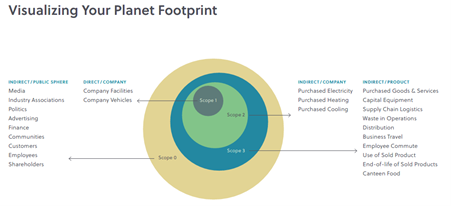planetgroups
Making It Work
Most frequent questions and answers
Making it Work
Every company is unique and so are the solutions!
We work with you on an ideal set of steps to undertake – based on your industry, company structure and operations, on your ideas, available resources, your specific history and values, and your own personal circumstances and preferences. Examples of planet action could be to install solar panels on the roof, to switch to purchased renewable energy, to improve the menu in the canteen, to redesign your products in order to become more circular, to increase investments into projects with social and environmental benefits, to support nature regeneration or Carbon Offsetting schemes, to reduce office waste, to address travel policies, to include your customers in the recycling and upcycling process, to apply sustainability criteria when making purchasing agreements with suppliers and to select environmentally friendly contractors, and many more. The solutions you develop depend on your context. We help you to run the process.
This also depends on your industry. Generally we work with a four square grid along the lines “small effect – large effect” and “easy to implement – difficult to implement”. This grid usually helps a lot to define priorities. Generally speaking, changes along energy, food, travel, supplier management, offsetting, marketing, use of real estate, and waste are usually easier to implement. Changes along the core product design and lifecycle have the highest impact, but of course take longer to implement.
On the contrary. If done well, sustainability is the best business case there ever was. There are numerous studies that prove how planet action will result into higher reputation, brand value and employee satisfaction. It will substantially drive customer retention, the speed of innovation, cost reductions, organizational agility and risk management. A great number of high carbon technologies, for example, will not be competitive any more within the next 10 years, as can be seen from the graph below created by the consultancy SYSTEMIQ. Companies which still rely heavily on carbon intensive technologies in 2030 will become the next Nokias, Kodaks or Yahoos of that decade.
Our approach with planetgroups is highly business driven. We aim to build sustainability into the core of the business case, making sure that it makes the company more successful, not more burdened.

Becoming more sustainable means that we find a way of doing business which could go on forever. Everything we take from the planet must be able to regenerate in the same pace as we use it up. We call that planet neutral, or better even: planet positive. It means giving back to the planet more than what we take from it. It encompasses all the resources we use (Air, Water, Fossils, Soils, Animals, Plants, Wood, Minerals, everything). A planet-positive way of making business can be approached in five ways:
1. Reducing what we take (Increasing Efficiency and Sharing)
2. Returning what we took back to nature (Using Organic Materials and Renewables)
3. Retrieving what we took and using it again (Reusing and Recycling)
4. Giving back to the planet (Regenerating) more than what we took.
5. For an interim period, we can also minimize our own planet footprint by reducing what somebody else is taking (Offsetting).
This is the roadmap we go by.
planetgroups can be active in any sector. We work with a model of 4 scopes of emissions, which include Scope 3 (emissions when a product is used and later disposed), and which include also the “non-tangible” impact on the planet (“Scope 0 emission”) e.g. through advertising, consulting work, interaction with media, politics, or industry associations, etc.. With that approach, every company has a huge lever to make a difference for a planet, even those who don`t directly emit substantial amounts of Greenhouse Gases, Resource Use or waste.

© 2020 planetgroups - All rights reserved
